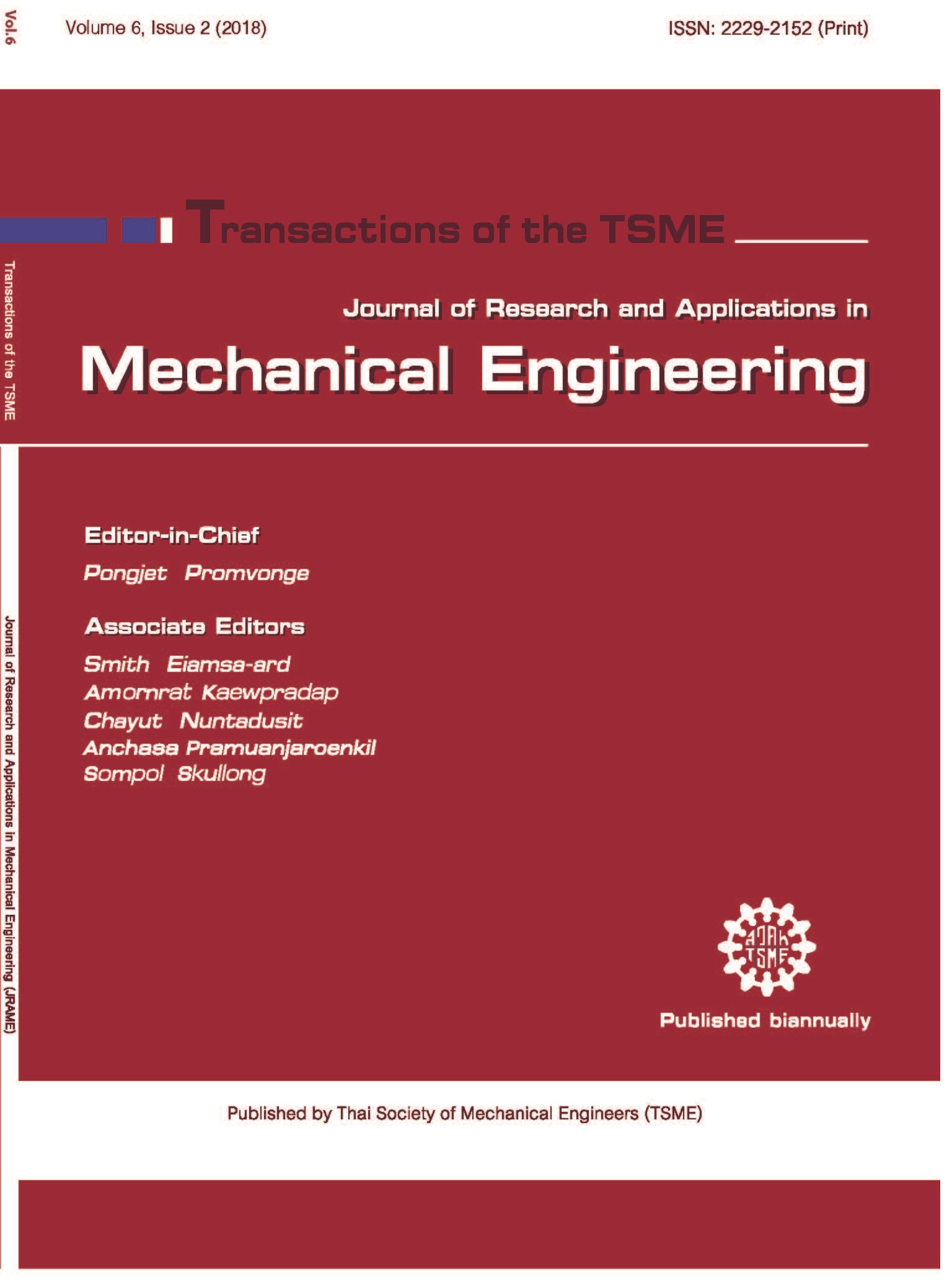Improved results on passivity analysis of neutral-type neural networks with time-varying delays
Main Article Content
Abstract
This paper is considered the problem of the robust passivity analysis for neutral-type neural networks with interval time-varying delays. By constructing an augmented Lyapunov-Krasovskii functional and using the double integral inequality with approach to estimate the derivative of the Lyapunov-Krasovskii functionals. Then, the sufficient conditions are established to ensure the robust passivity of the considered neutral-type neural networks with interval time-varying delays. These robust passivity conditions are obtained in terms of linear matrix inequalities, which can be investigated easily by using standard algorithms. Finally, numerical examples are given to demonstrate the effectiveness of the proposed method.
Article Details
This work is licensed under a Creative Commons Attribution-NonCommercial-ShareAlike 4.0 International License.
References
[2] Kosko, B. Bidirectional associative memories, IEEE Trans. Syst. Man, Cybern., Vol. 18(1), 1988, pp. 49-60.
[3] Wang, J. and Xu, Z. New study on neural networks: the essential order of approximation, Neural Netw., Vol. 23(5), 2010, pp. 618-624.
[4] Cichocki, A. and Unbehauen, R. Neural Networks for Optimization and Signal Processing, 1993, John Wiley & Sons, New York.
[5] Wang, T., Ding, Y., Zhang, L. and Hao, K. Delay dependent exponential state estimators for stochastic neural networks of neutral type with both discrete and distributed delays, Int. J. Syst. Sci., Vol. 46(4), 2015, pp. 670-680.
[6] Zhang, X.M. and Han, Q.L. Global asymptotically stability analysis for delayed neural networks using a matrix-based quadratic convex approach, Neural Netw., Vol. 54, 2014, pp. 57-69.
[7] Yotha, N., Botmart, T., Mukdasai, K. and Weera, W. Improved delay-dependent approach to passivity analysis for uncertain neural networks with discrete interval and distributed time-varying delays, Vietnam J. Math., Vol. 45(4), 2017, pp. 721-736.
[8] Gu, K., Kharitonov, V.L. and Chen, J. Stability of Time-Delay System, 2003, Birkh¨auser, Boston.
[9] Xie, L.H., Fu, M.Y. and Li, H.Z. Passivity analysis and basification for uncertain signal processing systems, IEEE Trans. Signal Process, Vol. 46(9), 1998, pp. 2394-2403.
[10] Wu, C.W. Synchronization in arrays of coupled nonlinear systems: passivity, circle criterion, and observer design, IEEE Trans. Circuits Syst. I, Vol. 48(10), 2001, pp. 1257-1261.
[11] Zhang, X., Lin, X. and Wang, Y. Robust fault detection filter design for a class of neutral-type neural networks with time-varying discrete and unbounded distributed delays, Optim. Control Appl. Methods, Vol. 34(5), 2013, pp. 590-607.
[12] Liao, X., Liu, Y., Wang, H. and Huang, T. Exponential estimates and exponential stability for neutral type neural networks with multiple delays, Neurocomputing, Vol. 149(Part B), 2015, pp. 868-883.
[13] Balasubramaniam, P., Nagamani, G. and Rakkiyappan, R. Global passivity analysis of interval neural networks with discrete and distributed delays of neutral type, Neural Process Lett., Vol. 32(2), 2010, pp. 109-130.
[14] Rakkiyappan, R., Chandrasekar, A., Laksmanan, S. and Park, H.J. State estimation of memristor-based recurrent neural networks with time varying delays based on passivity theory, Complexity, Vol. 19(4), 2013, pp. 32-43.
[15] Chua, L.O. Passivity and complexity, IEEE Trans Circuits Syst. I, Vol. 46(1), 1999, pp. 71-82.
[16] Kolmanovski, V.B. and Myshkis, A.D. Applied Theory of Functional Differential Equations, 1992, Springer, Netherlands.
[17] Li, C. and Liao, X. Passivity analysis of neural networks with time delay, IEEE Trans. Circuits Syst. II, Vol. 52(8), 2005, pp. 471-475.
[18] Song, Q., Liang, J. and Wang, Z. Passivity analysis of discrete-time stochastic neural networks with time-varying delays, Neurocomputing, Vol. 72(7-9), 2009, pp. 1782-1788.
[19] Song, Q. and Cao, J. Passivity of uncertain neural networks with both leakage delay and time-varying delay, Nonlinear Dyn., Vol. 67(2), 2012, pp. 1695-1707.
[20] Zheng, D.C., Gong, C.K. and Wang, Z. New passivity conditions with fewer slack variables for uncertain neural networks with mixed delays, Neurocomputing, Vol. 118, 2013, pp. 237-244.
[21] Samidurai, R., Rajavel, S., Zhu, Q., Raja, R. and Zhou, H. Robust passivity analysis for neutral type neural networks with mixed and leakage delays, Neurocomputing, Vol. 175(Part A), 2016, pp. 635-643.
[22] Balasubramaniam, P., Nagamani, G. and Rakkiyappan, R. Passivity analysis for neural networks of neutral type with Markovian jumping parameters and time delay in the leakage term, Commun. Nonlinear Sci. Numer. Simul., Vol. 16(11), 2011, pp. 4422-4437.
[23] Zhang, X., Fan, X.F., Xue, Y., Wang, Y.T. and Cai, W. Robust exponential passive filtering for uncertain neutral-type neural networks with time-varying mixed delays via wirtinger-based integral inequality, Internat. J. Control, Autom. Syst., Vol. 15(2), 2017, pp. 585-594.
[24] Seuret, A. and Gouaisbaut, F. Wirtinger-based integral inequality: application to time-delay systems, Automatica, Vol. 49(9), 2013, 2860-2866.
[25] Park, P.G., Lee, W.I., Lee, S.Y. Auxiliary function-based integral inequalities for quadratic functions and their applications to time-delay systems, J. Frankl Inst., Vol. 352(4), 2015, pp. 1378-1396.
[26] Zhao, N., Lin, C., Chen, B. and Wang, Q.G. A new double integral inequality and application to stability test for time-delay systems, Appl. Math. Lett., Vol. 65, 2017, pp. 26-31.


